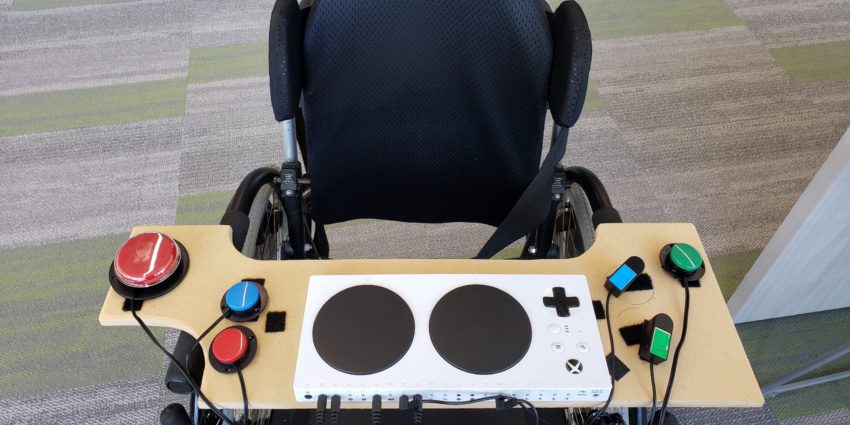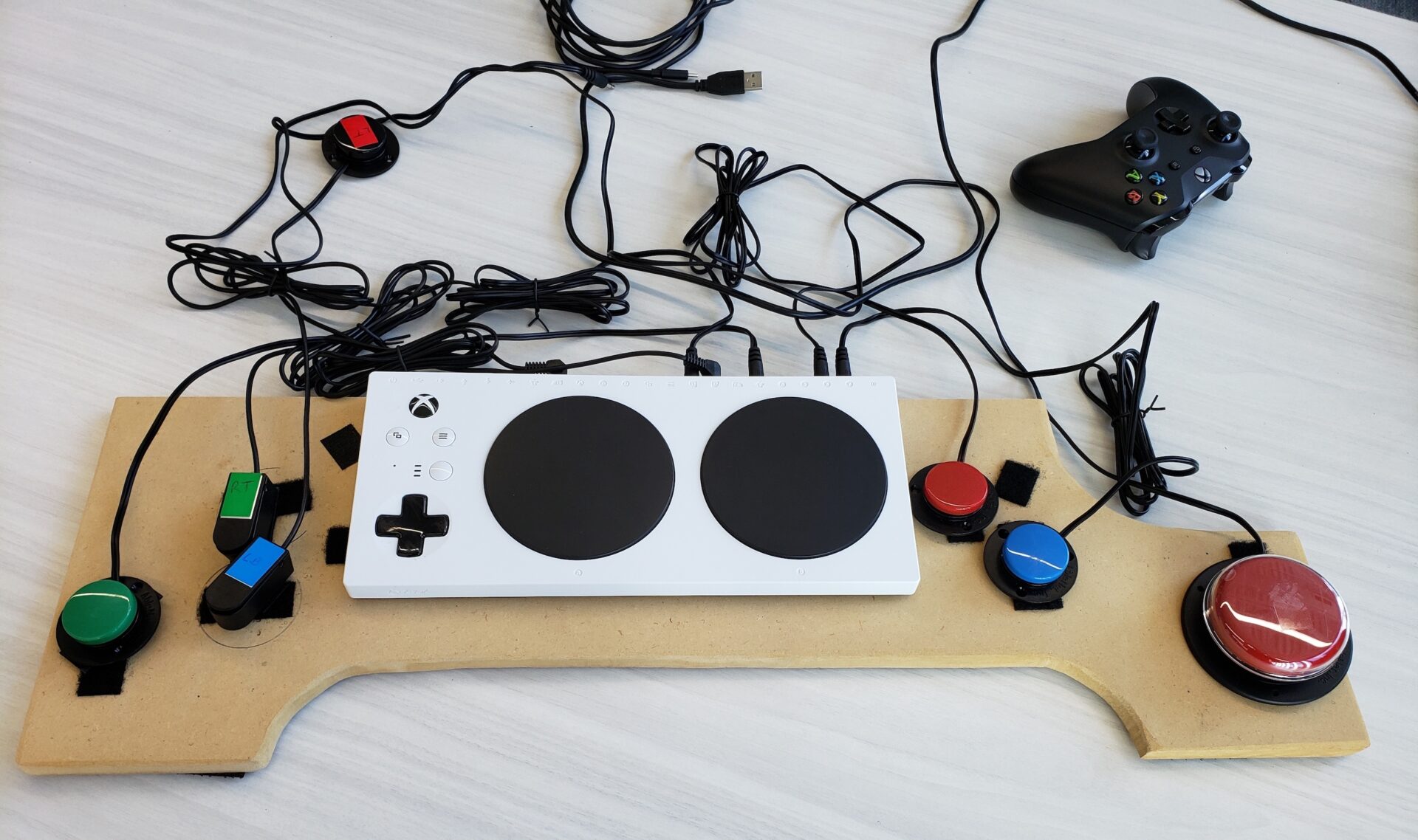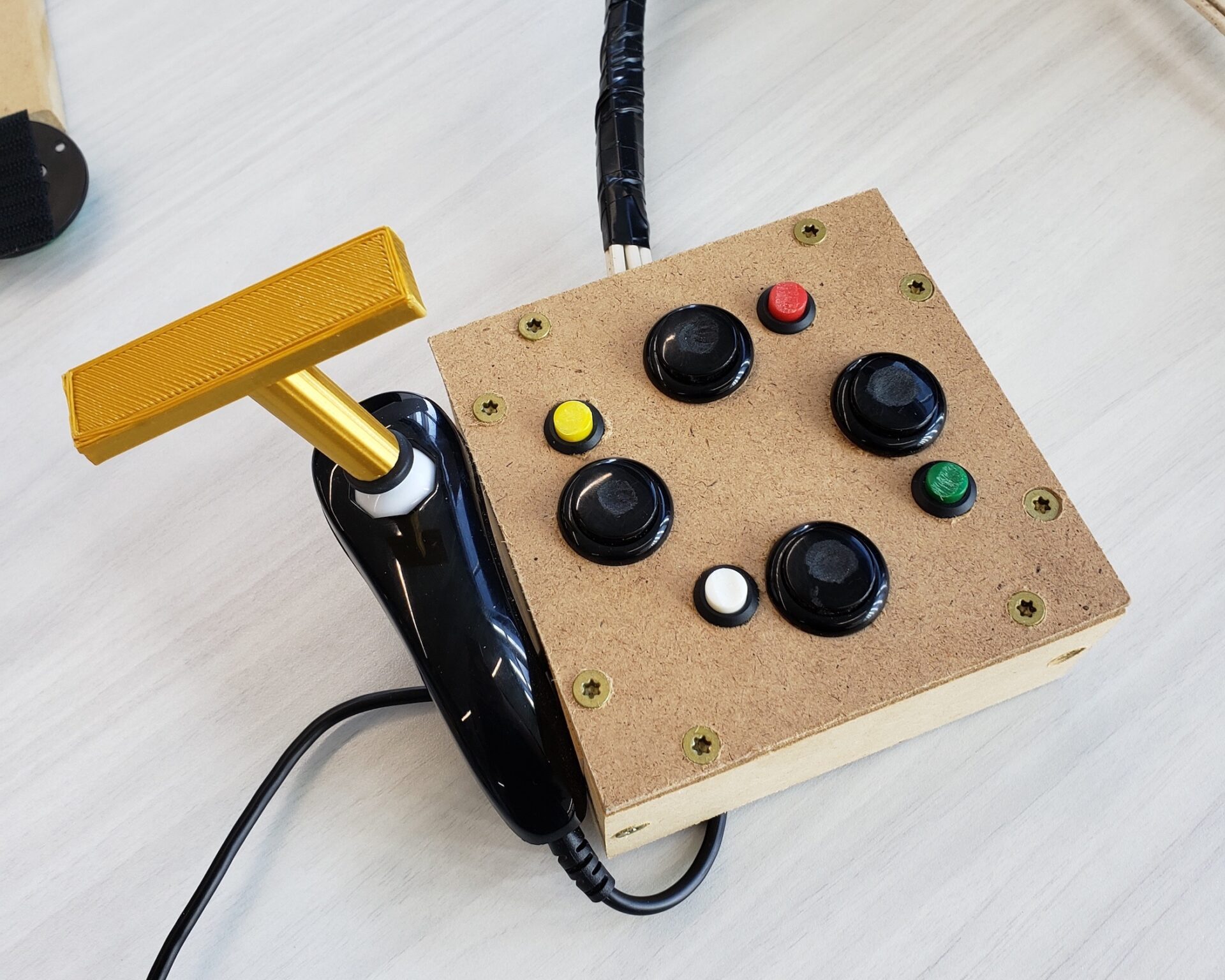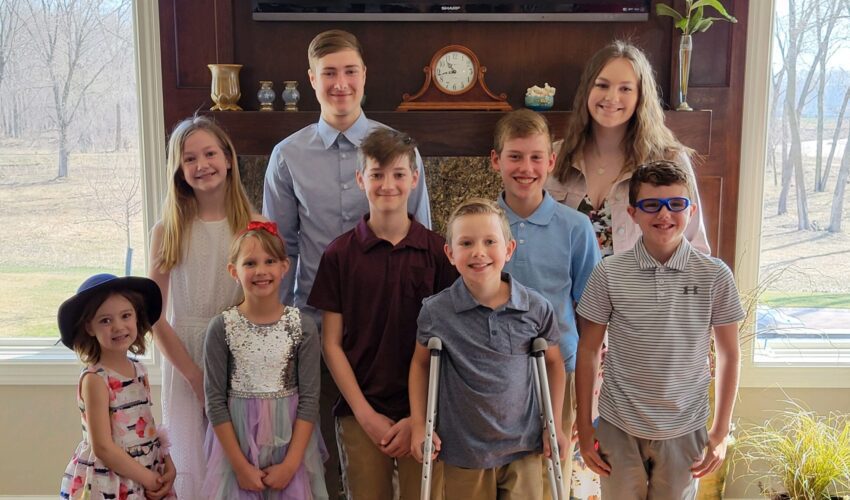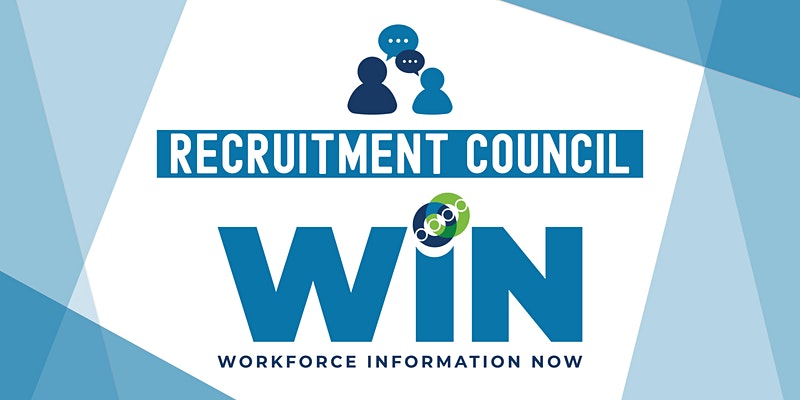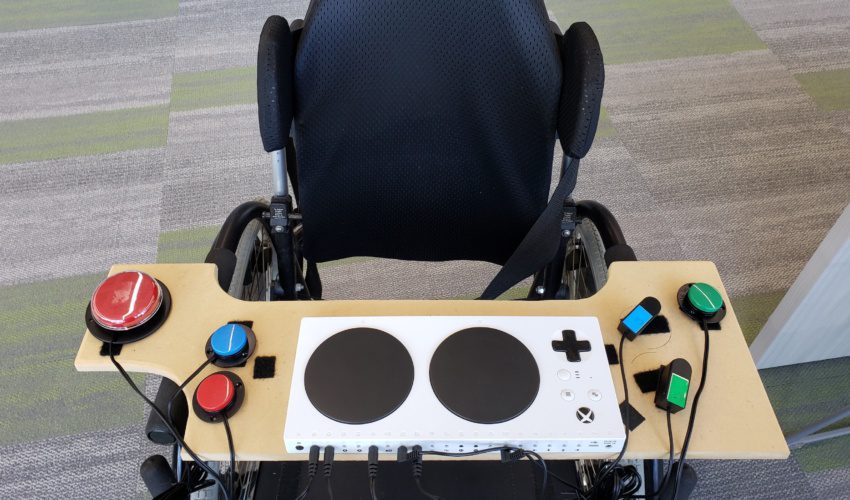Dakota State University strives to adapt controllers for gamers with disabilities
Nov. 13, 2019
This paid piece is sponsored by Dakota State University
More than 2.6 billion people participate in digital games, from Playstation and Wii to Nintendo Switch and Xbox. But that doesn’t include everyone.
For those with disabilities, visual and physical elements of gaming can present obstacles that haven’t been properly considered.
As a result, Microsoft took the initiative to create an Xbox adaptive controller. The controller, released in 2018, is designed specifically for those with disabilities to help make user input for video games more accessible.
Rectangular, with two large domed buttons that can be mapped to a variety of functions using the Xbox accessories app, the controller is impressive. Similar to the original Nintendo Entertainment System controllers, the adaptive controller has a large control pad, a menu and view button, as well as an Xbox “home” button. USB ports and 3.5-mm jacks also are located on the controller, allowing players to connect to multiple assistive input devices.
“A person with physical disabilities can struggle with a normal controller quite a bit because of the amount of finger dexterity it requires. But the adaptive controller allows them to determine where they want to map other controls and label them,” said Justin Blessinger, professor of English and director of the AdapT Lab at DSU.
When Blessinger and fellow DSU faculty members Chris Olson and Rob Honomichl received a donated adaptive gaming controller from Microsoft, they realized there was still plenty of room for improvement.
With the help of a 3D printer on campus and hardware from Honomichl’s courses, Blessinger and Olson were able to gather devices, switches and controls to customize and create additional adaptable controllers that are unique to the players.
“I was able to provide the Xbox and the adaptive controls. It’s incredible how we’re able to take consumer devices and demonstrate the impact on so many people and their ability to use computers,” said Honomichl, instructor of information systems.
Blessinger created the accessories and modifications to support the use of the adaptive controllers.
“He created the base for the controller, switches and joystick,” said Olson, an associate professor and coordinator for the information systems program. “There has been a lot of trial and error in the positioning of the switches to figure out what works best for access and for which buttons are controlled by the switches.”
The creation and modification of these controllers hit especially close to home for Olson. In 2001, Olson was a passenger in a motor vehicle accident that caused C5 quadriplegia. Since then, he has been in a motorized wheelchair with limited mobility in his legs, arms and hands. Before the donation from Microsoft and the modified controller Blessinger created, Olson had not been able to play a video game for nearly 20 years.
“The adaptive controller helps to remove a barrier and allows me to participate in an activity that was not possible since I was injured,” he said. “It’s unique to me because of the custom base Dr. Blessinger made, which fits my wheelchair, and the need for switches to control all the buttons. ”
The professors hope that these fully customizable controllers can make a difference at Dakota State, with the new esports athletic team, and in the world – especially in education and business.
Through the education system, teachers, administrators and therapists could use these devices not only to help strengthen cognitive and physical development of students but also use them to promote and improve relationships among students and their peers.
“Most people within the disabilities communities will tell you that making friends is one of the more difficult challenges they face. But having this modifiable device can give them a chance to improve those friendships via a form of entertainment enjoyed by the overwhelming majority of their peer group. It can give them a sense of independence,” Blessinger said. “It’s all about friendship and opening doors for friendships. From there, we can talk about workforce development and other opportunities, but the big breakthrough of the adaptive controller is social.”
Honomichl added: “The capability to create an environment that all students will be able to participate in is really attractive. The ability for technology to impact our daily lives and the interactions we have with others is a very important piece to the work we’re doing here.”
The devices could be adapted to fit Windows and other applications, which makes them a great component for the workplace as it could impact team building, work relationships, job performance and even retention rates, Honomichl said.
For example, if team members have limited finger or arm mobility, using an adaptive controller could help them use their computer to a greater and more comfortable extent, which would enhance job performance. And because employees with disabilities can see how companies incorporate these devices into their organizations, the potential for employee retention to soar is excellent.
For Dakota State, implementing these devices into esports could bring more students to campus while simultaneously increasing player recruitment for the esports team.
“These devices have opened up console gaming again to people with limited mobility. We would love to see DSU start to recruit along those lines and say, ‘What we care about is if you can play the game,’ or ‘Would you like to work with us to modify a controller?’ ” Blessinger said.
The research on the adaptive controllers will be integrated into the AdapT Lab — part of the Madison Cyber Labs — directed by both Blessinger and Olson. But integrating adaptive gaming controllers into esports and research is only the start of what the AdapT Lab can do.
Recently, the lab partnered with LifeScape for the Go Baby Go program. The program modifies toy ride-on cars, which help children with mobility challenges get around and socialize much easier.
“Research shows that as kids get into these types of devices, they’re able keep up with their friends. Once kids with disabilities know what they’re missing out on, they now have more motivation to keep up and explore. Overall, these cars will help further their independence,” Blessinger said.
The AdapT lab will focus on making the cars more technologically accessible to kids and parents through a Bluetooth relay and remote controls.
“As a parent, it would be great to have a remote control or a free app that lets you override a car like this. If your kid is heading for trouble but you can’t get to them in time, this app or remote would let you shut off the car right away,” Blessinger said.
Student researchers involved with the AdapT Lab will work with both the adaptive gaming controllers and the Go Baby Go cars. Both projects will allow students, faculty and partners to practice different technologies, provide recommendations and determine what changes can be made to their systems.
‘The cyber state’ takes shape with first-of-its-kind research center

